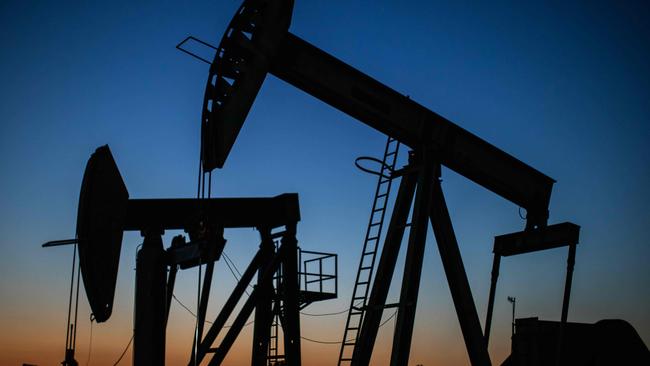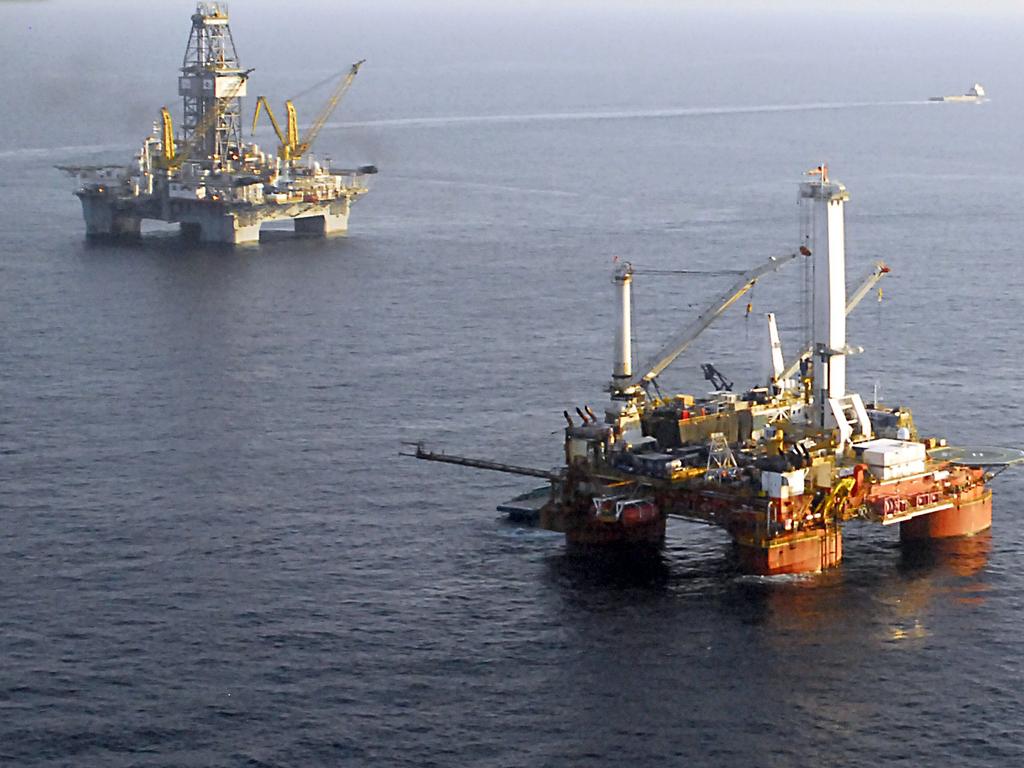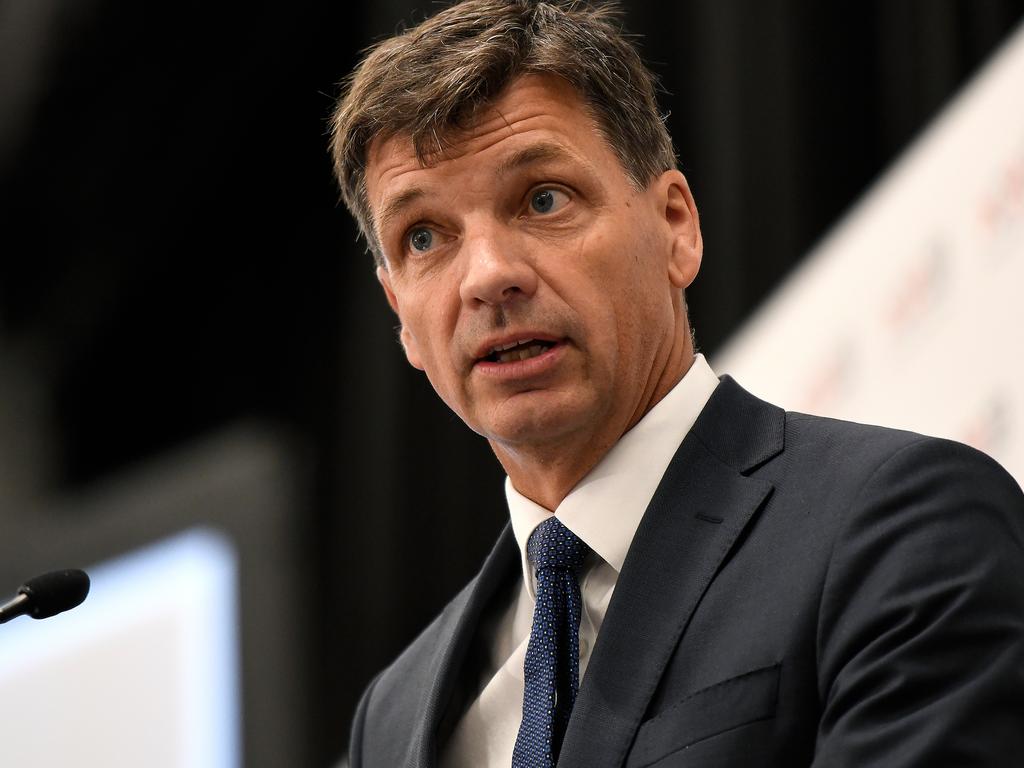Oil trader Hin Leong’s collapse hits ANZ, Westpac
Australian banks and Macquarie Infrastructure have been caught up in the collapse of one of the world’s biggest oil traders.

ANZ, Westpac and Macquarie have been caught up in the collapse of one of the world’s biggest oil traders, with its demise sending shockwaves through the industry amid the worst price crash in a generation.
Singapore oil trader Hin Leong, which means “prosperity” in Chinese, filed for bankruptcy protection after allegedly hiding $US800m ($1.3bn) in futures trading losses on the instruction of its billionaire founder Lim Oon Kuin.
The company owes ANZ $US186m and Westpac $US54m out of a total of $US3.85bn spread through 23 banks, according to filings, with HSBC facing the biggest exposure at $US600m. Two banks, ABN Amro and Societe Generale, have already filed claims in Singapore in a bid to recoup lost funds.
Macquarie’s infrastructure arm is also linked to the unfolding scandal through a 34 per cent stake it owns in a Singapore oil terminal part-owned by the Singapore trader.
Chinese giant Sinopec is now rumoured to be in talks with Hin Leong to buy a share of the Universal Terminal, one of the largest petroleum terminals in Asia, which Macquarie has part-owned since early 2016 after paying $US440m for its holding.
Macquarie owns the stake through its MAIF Investments private equity fund, managed through its $180bn Macquarie Infrastructure and Real Assets division.
All three Australian banks declined to comment.
The revelation that $800m of futures losses had been disguised came in a court filing after Mr Lim, known in the industry as OK Lim, said he would step down from both Hin Leong and its shipping arm Ocean Tankers, which owns 130 oil tankers in the region.
“I had given instructions to the finance department to prepare the accounts without showing the losses and told them that I would be responsible if anything went wrong,” Mr Lim said in the filing.
While its accounts showed a profit of $US78m for the 2019 fiscal year, he said the company “in truth has not been making profits in the last few years”.
The trigger for Hin Leong’s fall looks to have been a savage rout in the oil industry, which this week saw US futures prices fall below zero for the first time.
The secretive trader held no hedges against collapsing oil prices, according to Bloomberg, instead betting markets would recover once China controlled the COVID-19 pandemic and demand began to recover.
To make matters worse, Mr Lim had already sold the company’s oil inventories despite those crude stocks being used as collateral for bank loans.
That meant there were not enough physical oil inventories to honour the amount that had been pledged to originally win credit from banks, which sparked lenders to pull their funding lines and send Hin Leong underwater.
The move has tarnished Singapore’s reputation as a leading commodity hub and safe storage haven for raw materials.






To join the conversation, please log in. Don't have an account? Register
Join the conversation, you are commenting as Logout